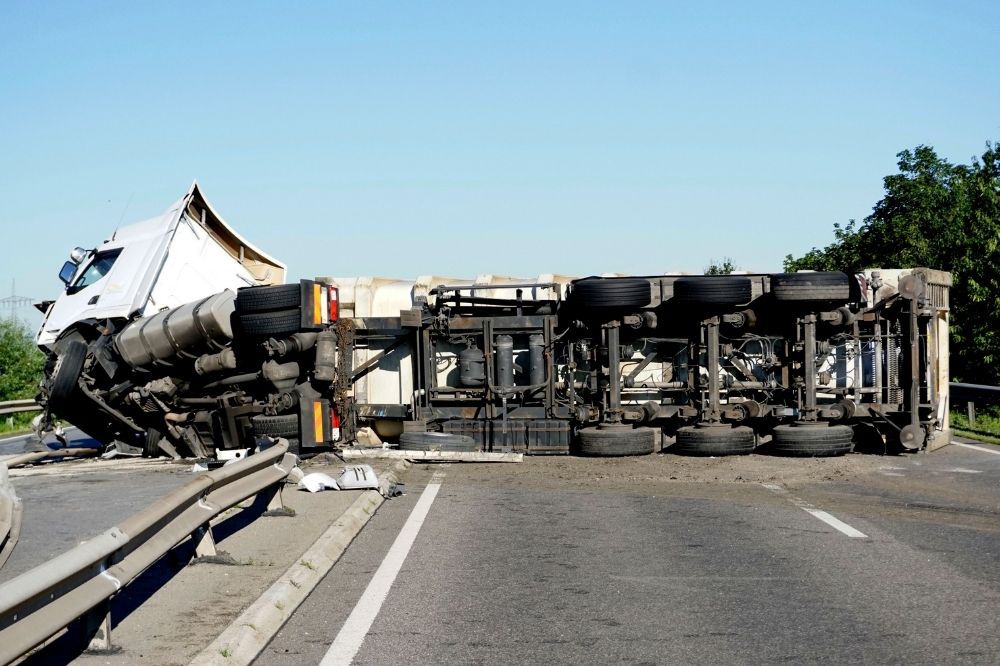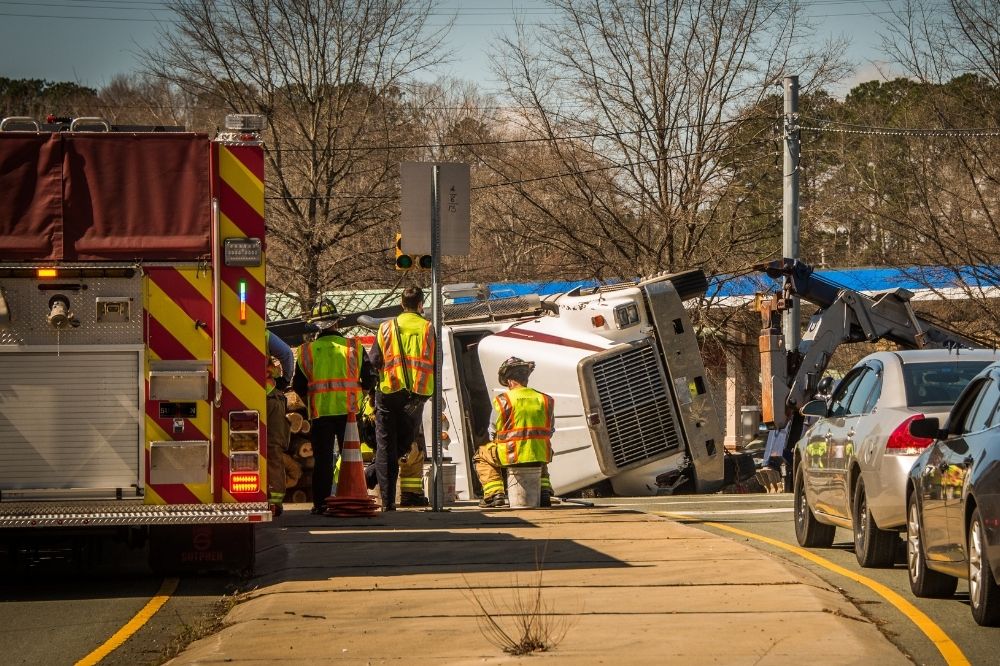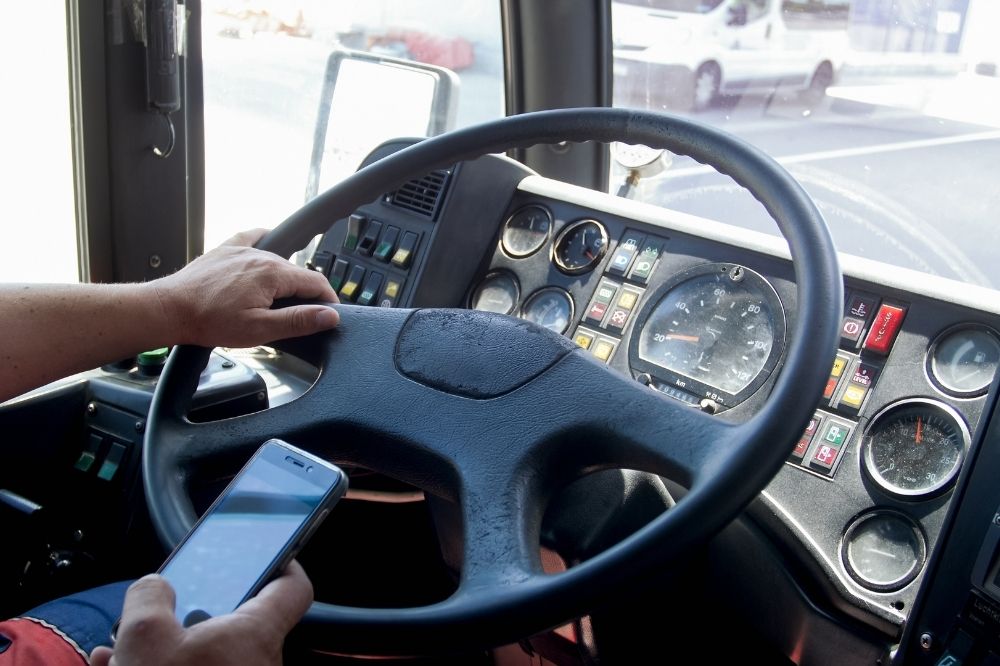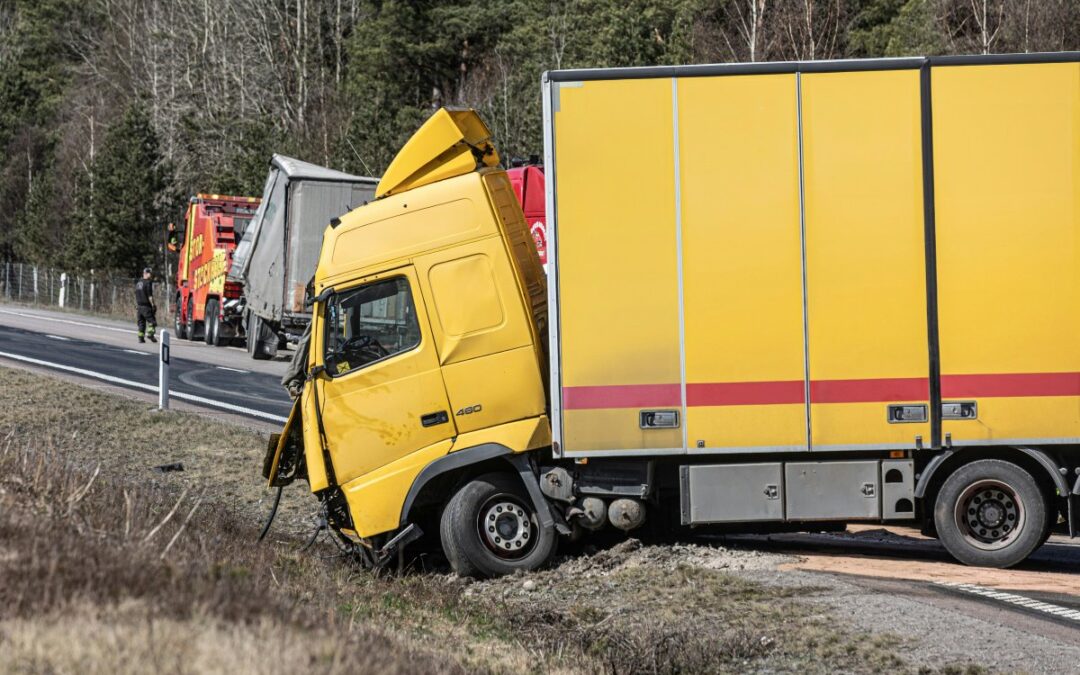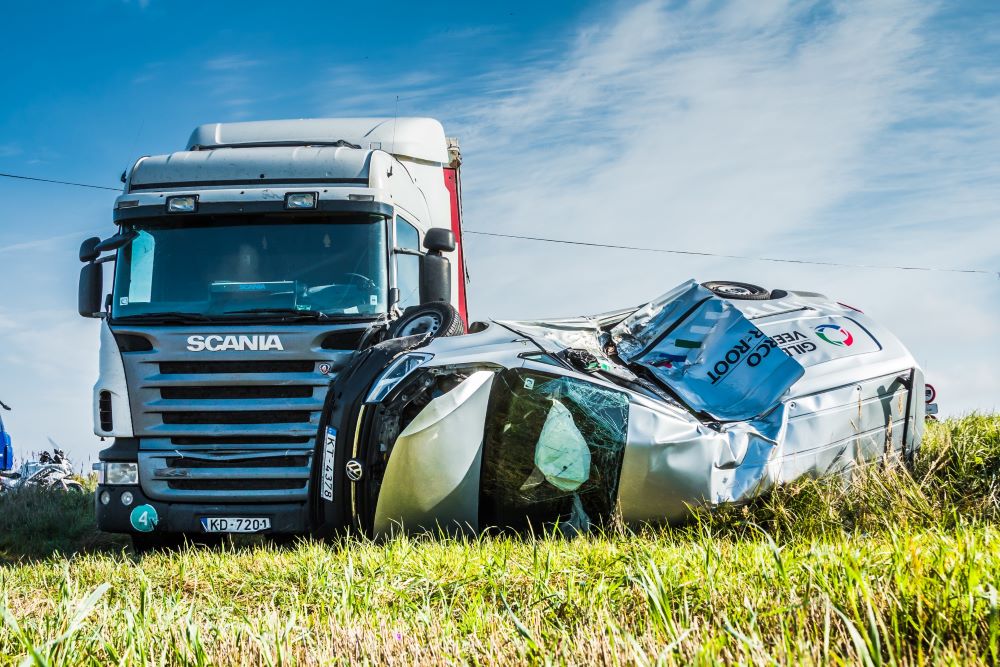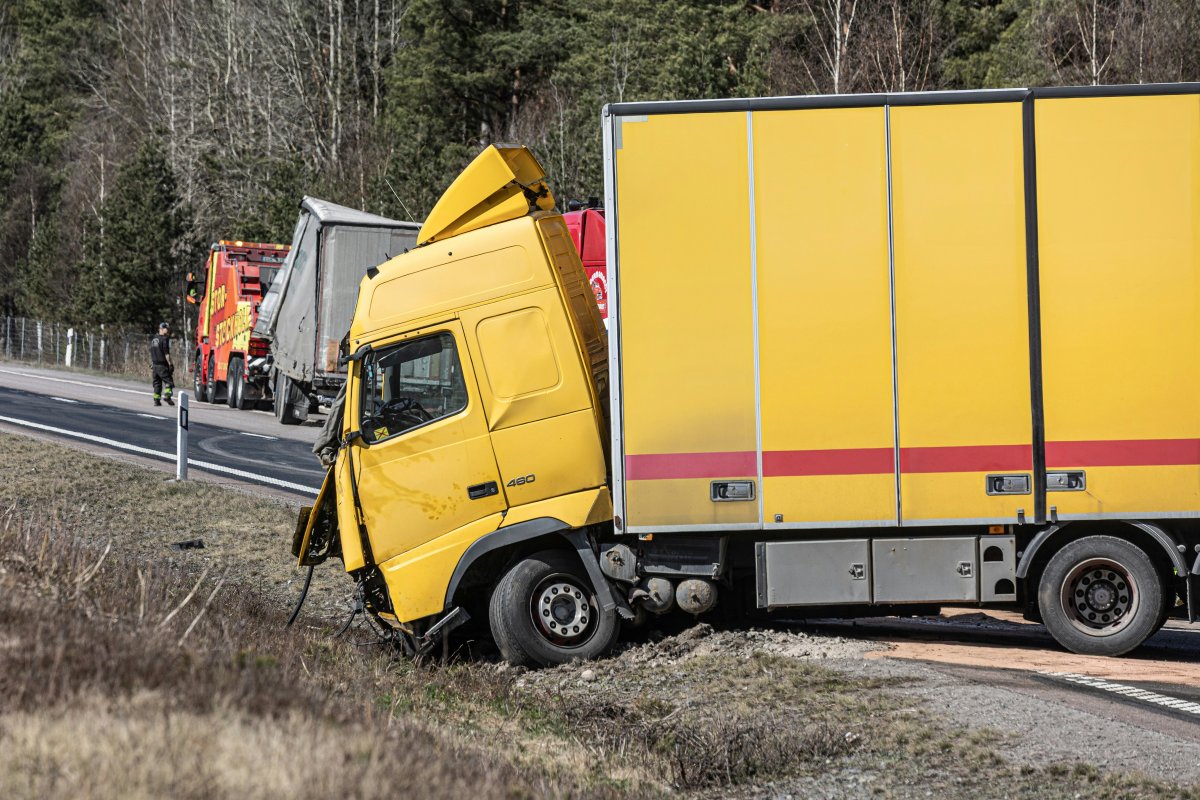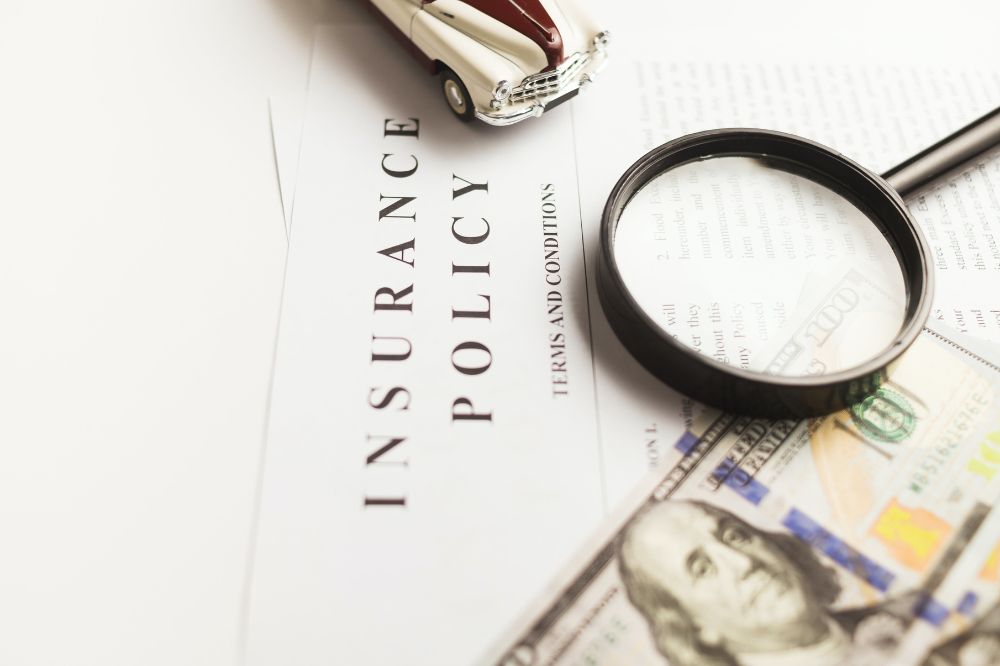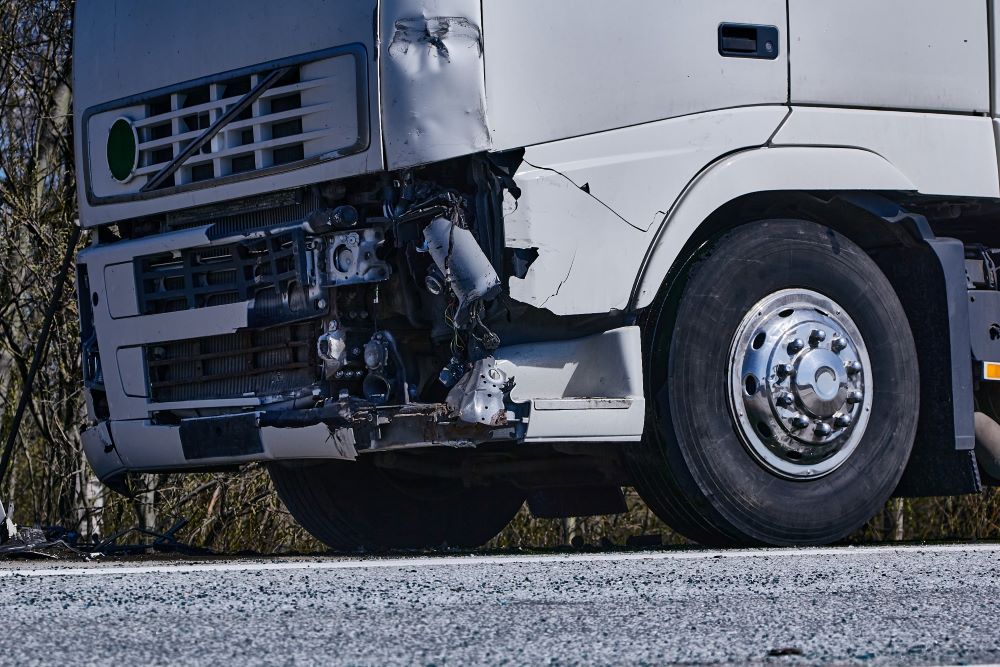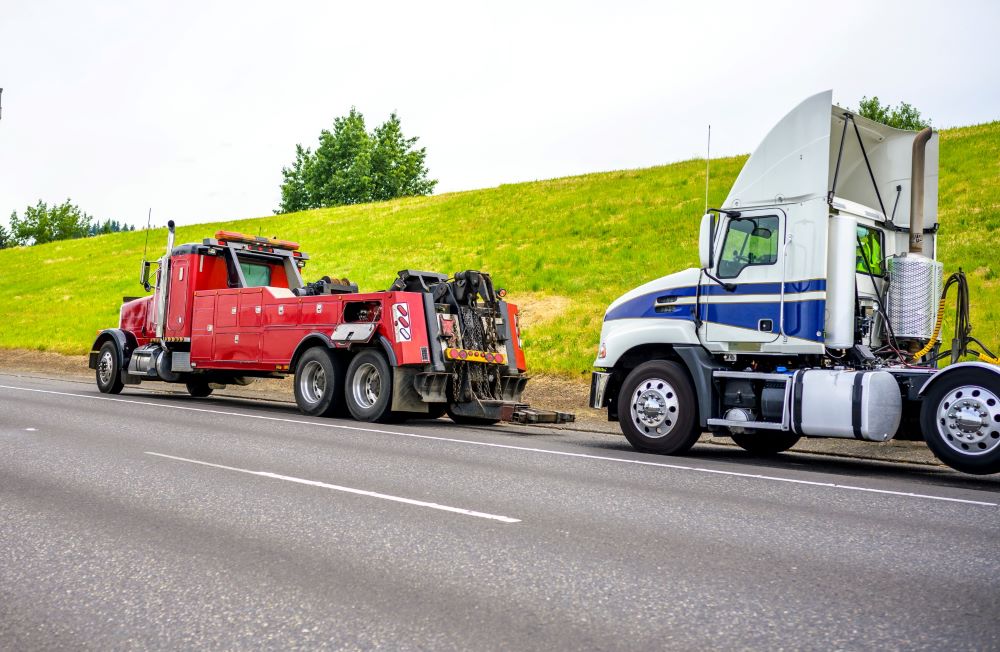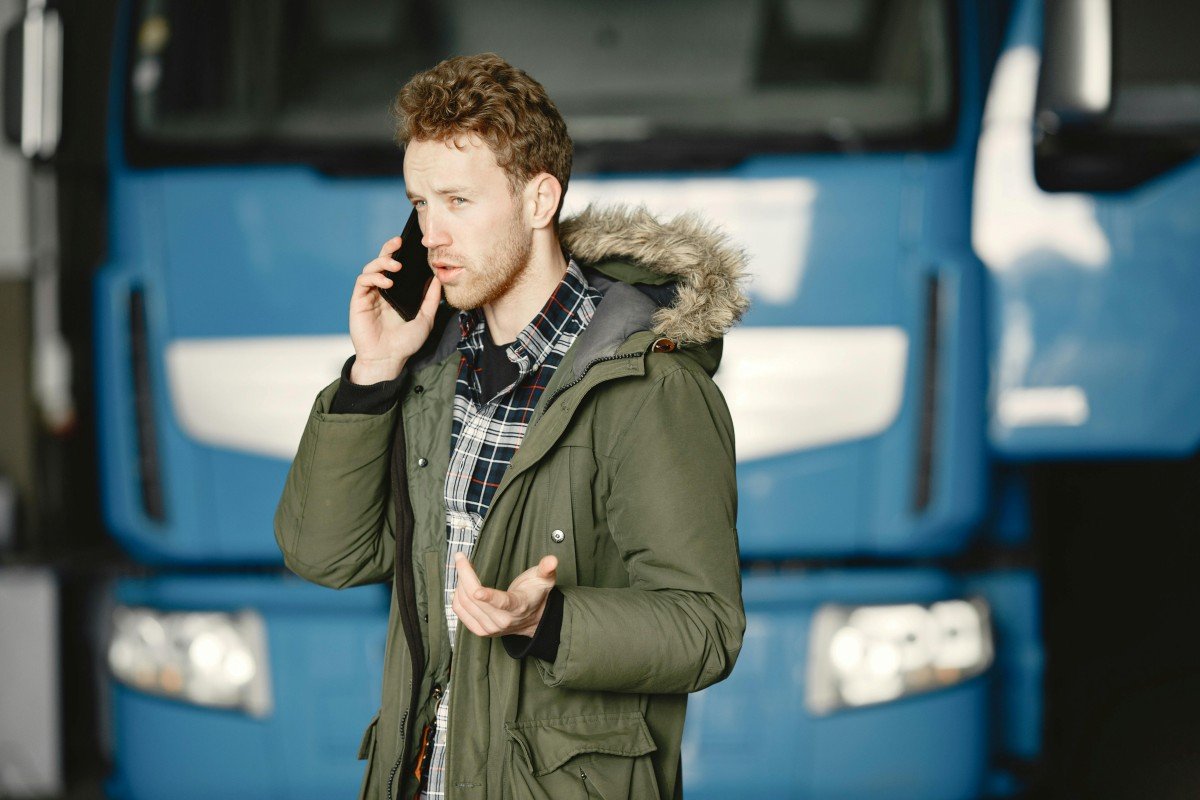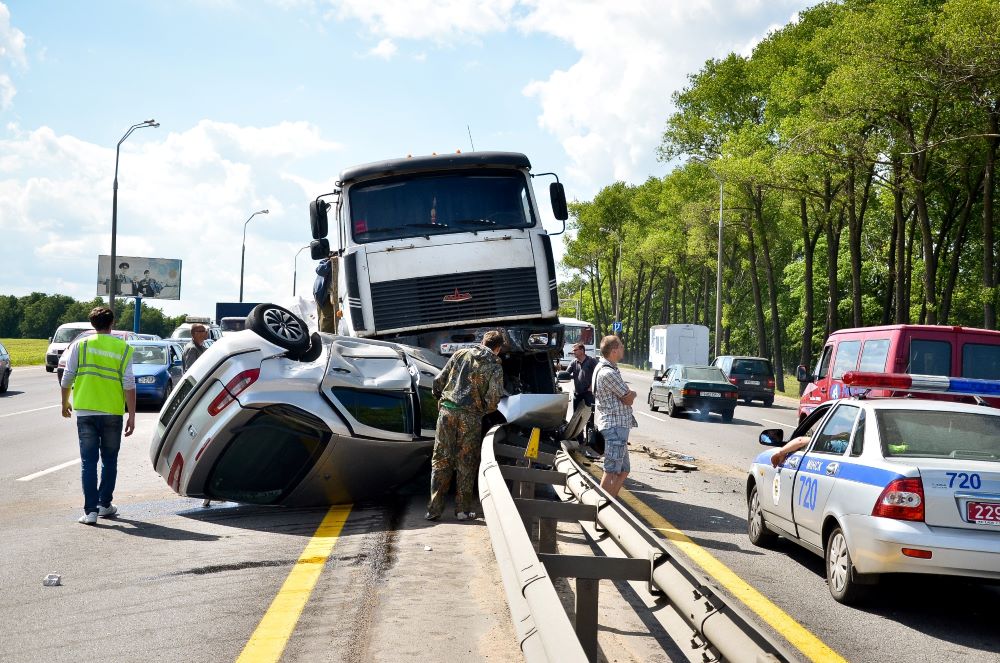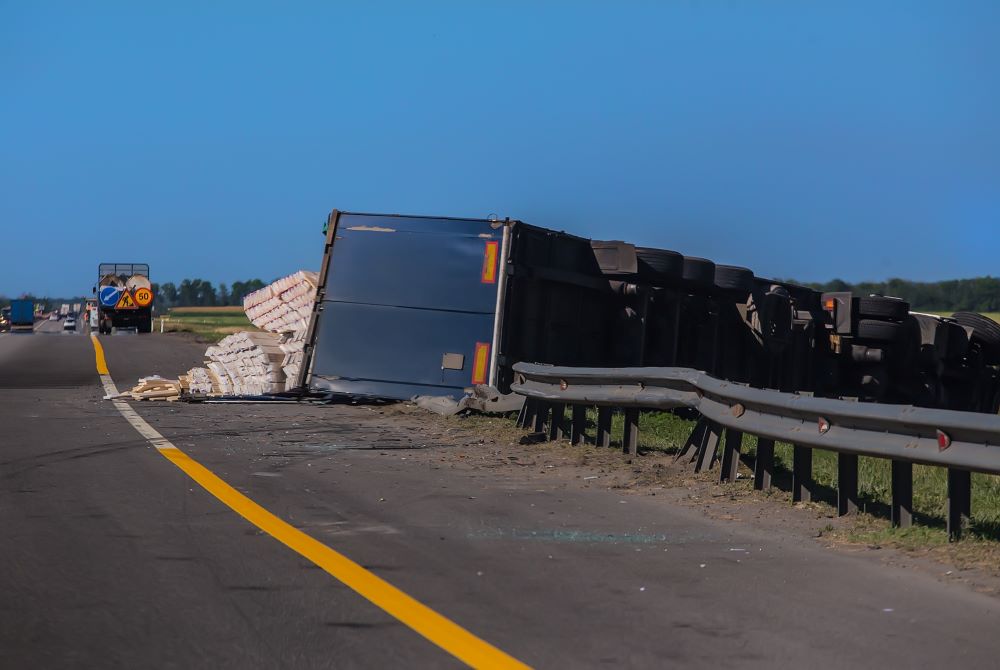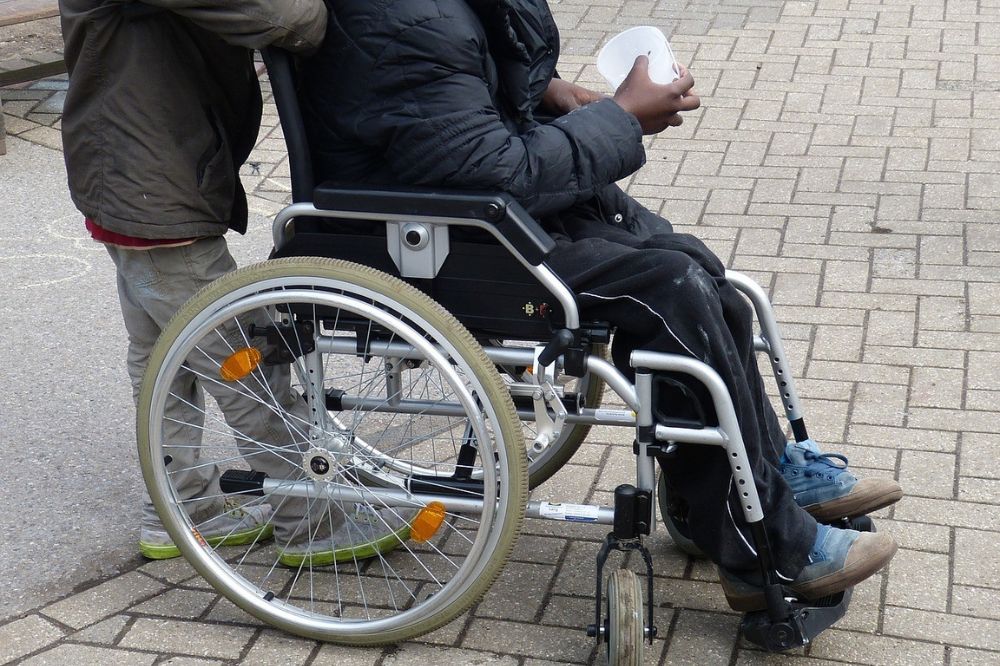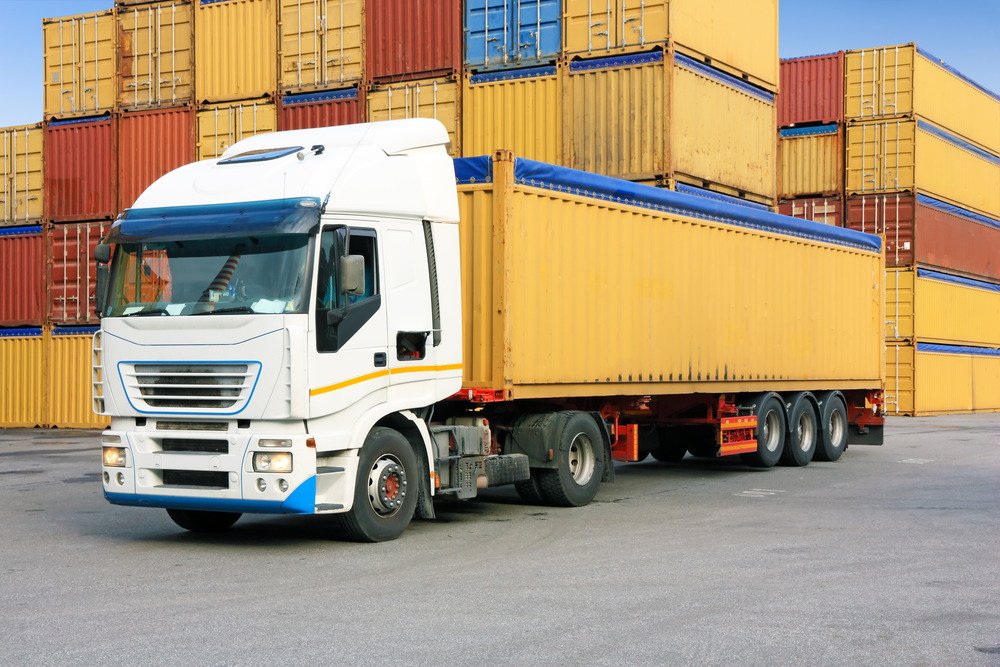
When you’re involved in a semi-truck accident, the aftermath can be both physically and emotionally overwhelming. Considering there has been an 18% increase in truck accidents since 2020, you can see the merits of good accident coverage.
The sheer size of a semi-truck (some weigh up to 80,000 pounds when fully loaded) means that any collision can result in catastrophic damage, severe injuries, and a long, challenging recovery journey.
Under these circumstances, understanding semi-truck accident compensation and the overall legal process is critical for compensation and recovery.
What Is Semi Truck Accident Compensation?
Semi-truck accident compensation is the financial recovery awarded to commercial truck crash victims. Unlike accidents with passenger vehicles, semi-truck accidents often involve multiple liable parties, such as the semi-truck driver, trucking company, and sometimes even maintenance providers or cargo loaders.
These cases can be very complicated. Establishing a clear chain of liability is essential in determining who’s responsible and how much compensation the injured party can expect.
When you file a truck accident case, you may encounter several types of compensation. Medical, lost wages, and pain and suffering reimbursement are the most common.
In these moments, having an accident attorney or a skilled personal injury lawyer by your side can help you navigate truck accident claims and the legal process.
Average Truck Accident Settlement and Detailed Financial Aspects
The average cost of truck accidents can vary widely, with settlements ranging from $100,000 to $500,000. However, if the accident resulted in severe injuries, such as traumatic brain injuries, spinal cord damage, or even fatal outcomes, settlements can exceed millions of dollars.
These figures are driven by the extent of property damage, higher medical bills, lost wages, and ongoing medical expenses.
Based on our research, insurance companies often try to minimize the payout. So, working with an experienced truck accident lawyer who can effectively counter the insurance adjuster’s tactics is essential.
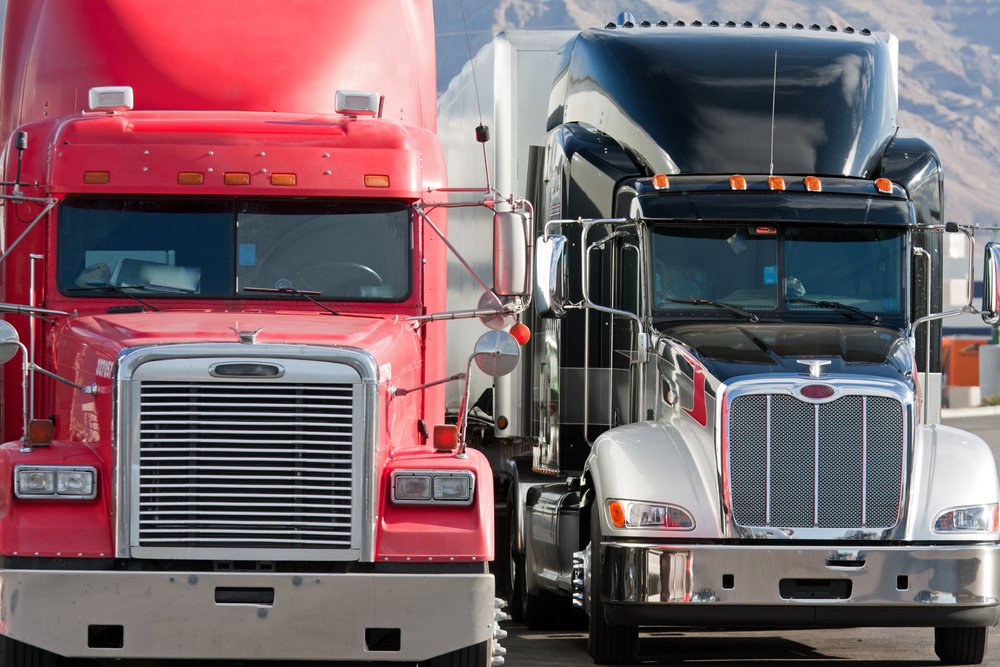
Types of Compensation and Their Importance
When pursuing a truck accident lawsuit, you may be eligible for several types of compensation, including:
- Lost Income and Lost Wages: If your injuries have resulted in a temporary or permanent inability to work, semi-truck accident compensation may include wages lost during recovery, lost income from diminished capacity, and future lost wages if your ability to work is reduced.
- Medical Expenses and Medical Costs: This includes emergency treatment, ambulance services, hospital stays, surgeries, and physical therapy to long-term rehabilitation services. A well-documented personal injury lawsuit can help recover actual settlement amounts for these medical expenses.
- Pain and Suffering and Emotional Distress: Beyond the tangible costs, compensation often covers non-economic damages such as emotional distress, mental anguish, and the overall pain and suffering caused by the accident. These factors are especially significant in cases involving severe injuries.
- Property Damage: In a truck accident case, if your vehicle was damaged or destroyed, you may also claim compensation for property damage.
In cases where a trucking company or semi-truck driver acted with gross negligence (excessive speeding, falsifying logbooks, or operating a semi-truck with known mechanical defects), you might be liable for punitive damages. These are designed to punish the liable party and deter similar conduct in the future.
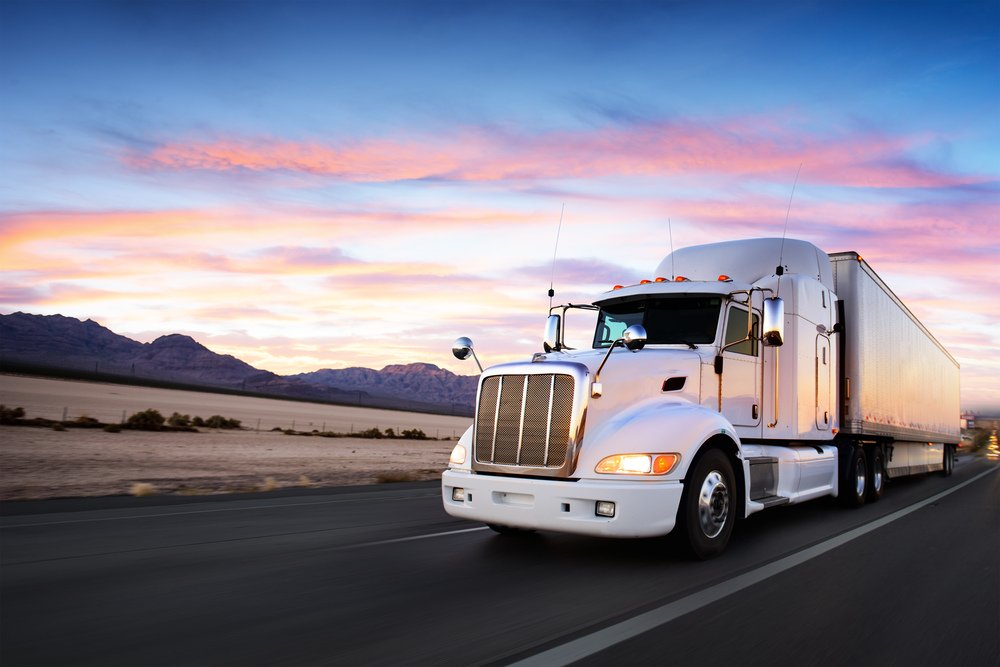
Factors Influencing Your Truck Accident Settlement
Several key factors affect how much compensation you can expect from a truck accident settlement:
- Severity of Injuries: The extent of your injuries, including any traumatic brain injuries or spinal cord damage, is critical in determining a settlement. Severe injuries usually lead to higher truck accident settlements because of long-term rehabilitation and medical expenses.
- Determining Liability: Crucial evidence is essential for establishing clear negligence. Evidence such as maintenance records, driving logs, and eyewitness testimonies helps determine liability among multiple parties, including the semi-truck driver and the trucking company.
- Insurance Coverage and Adjusters: The scope of the insurance coverage held by the trucking company or semi-truck operator and the tactics employed by insurance companies and adjusters play a significant role in the final settlement amount. Understanding how much compensation you might receive requires a thorough examination of the insurance policies in place.
- Legal Representation: The role of a personal injury lawyer or truck accident attorney cannot be overstated. A skilled attorney can negotiate with the insurance company, manage legal fees, and guide you through every step of the legal process—from filing the initial legal claim to reaching a final settlement amount that reflects fair settlement and fair semi-truck accident compensation.
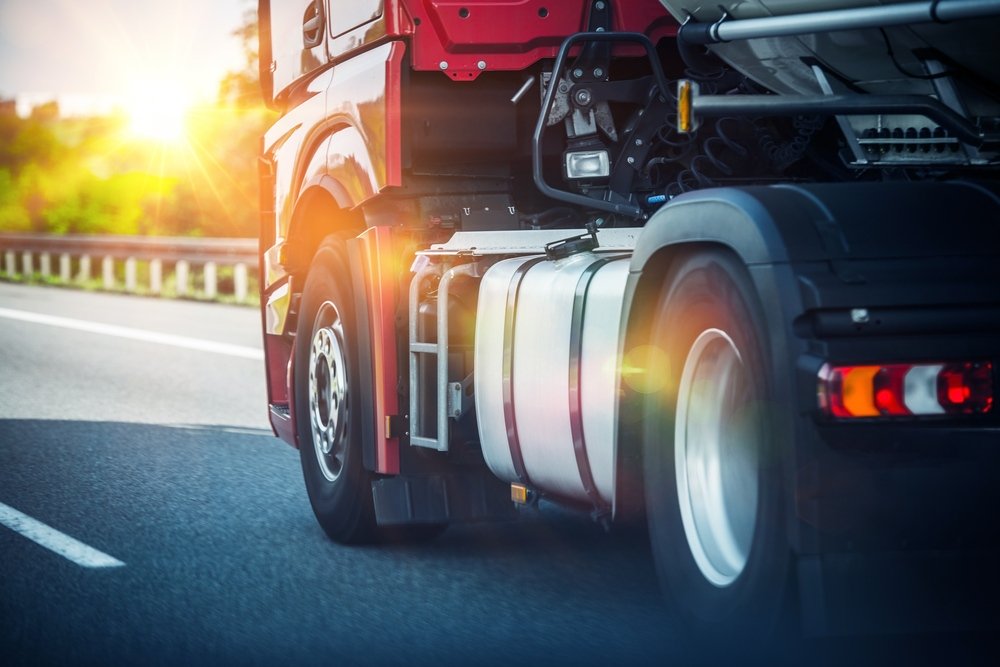
The Legal Process and Your Rights
Navigating a truck accident lawsuit can be difficult. It’s a multifaceted process that demands thorough preparation and the expertise of a skilled personal injury lawyer or truck accident attorney.
After the accident, your legal team will initiate an investigation to collect all crucial evidence supporting your truck accident claims. This investigation typically involves gathering detailed medical records, emergency treatment reports, and documentation of lost wages, physical truck damage, and medical bills incurred after the crash.
This evidence is vital in determining liability for all the involved parties, including the semi-truck driver, trucking company, and even maintenance service providers.
As you move through the legal process, it’s up to you to present detailed information about your medical expenses and the full financial burden of your injuries.
When you clearly outline your pain and suffering, mentioning emergency care and hospital stays as well as rehab and mental health support, you strengthen your case and improve your chances of a successful outcome.
Remember, the final settlement should address all your economic and emotional losses.
This includes compensation for lost wages, lost income, and legal fees. Their work is crucial to making sure you receive fair compensation, covering both your immediate needs and the long-term financial impact of the accident. We’ve examined many cases and noticed how crucial specialized trucking legal advice is.
Only work with a firm specializing in truck accident cases. They’ll understand the nuances of commercial truck regulations, including FMCSA standards, and handle the more complex insurance coverage tactics used by trucking insurance companies.
Your legal claim is how you can hold all responsible parties accountable.
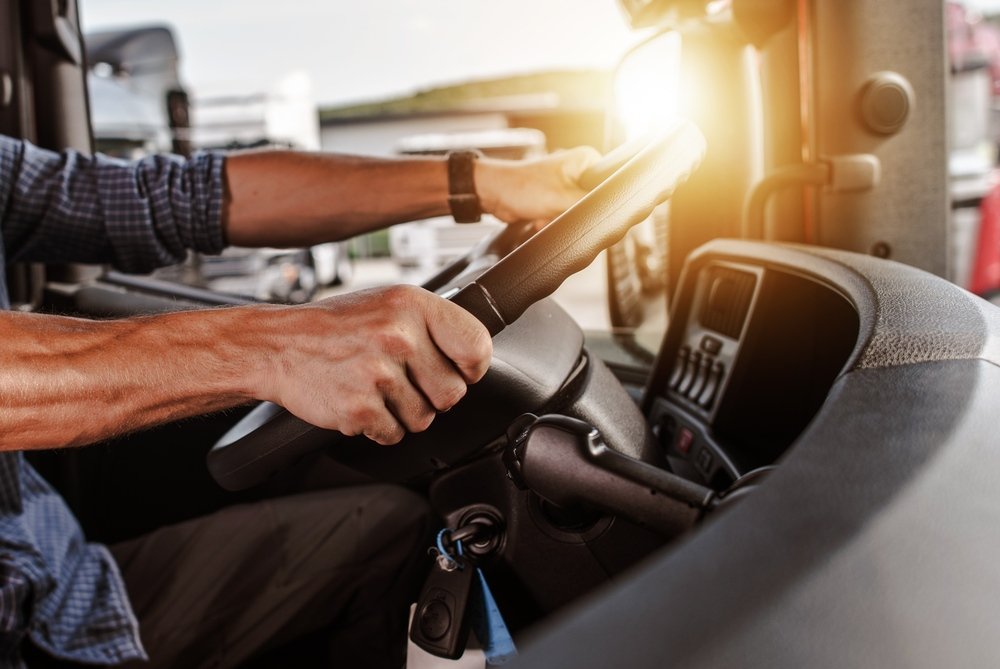
Essential Insights for Navigating Truck Accident Claims
Truck accident settlements can be complex and daunting when you’ve been involved in a severe semi-truck accident. Beyond the initial shock and physical injuries, understanding the intricacies of the legal process and your rights is crucial for any injured party.
Here are a few key points you should remember to pursue fair compensation effectively.
The Importance of Collecting Evidence
After a truck crash, one of the first tasks is gathering and preserving evidence. Detailed documentation is critical for building a strong truck accident claim that fairly and accurately showcases your case.
Take photographs of the accident scene, gather your emergency treatment records, and bring the medical bills to establish the extent of your injuries and property damage. Equally important are records of your lost wages and income, which can demonstrate the financial burden of the accident.
Collecting all this evidence is crucial for supporting your truck accident case and helping your legal team and courts determine how much compensation you can seek.
Understanding Settlement Variabilities
Every truck accident lawsuit is unique. No two cases are identical. While many may wonder about the average settlement or average truck accident settlement amount, the actual truck accident settlement amount depends on several unique factors.
For example, severe injuries like traumatic brain injuries, spinal cord damage, or other serious injuries often lead to higher financial compensation. In contrast, cases involving minor injuries might result in lower compensation.
Whether negotiating a semi-truck accident settlement or a broader compensation package, a skilled personal injury lawyer or truck accident lawyer can help you receive fair compensation that covers all aspects of your recovery journey.
The Role of Legal Representation
A knowledgeable truck accident attorney who understands the nuances of commercial truck regulations is vital. They’ll be able to handle complex cases involving multiple parties, such as the semi-truck driver, trucking company, or even maintenance service providers.
Legal professionals actively push back against the tactics insurance companies and adjusters often use to undervalue your claim.
Its legal representatives help recover compensation for medical expenses, legal fees, and property damage. They’re also more likely to secure additional damages for pain and suffering, emotional distress, and punitive damages in cases of extreme negligence.
Detailed Financial Considerations
After a semi-truck accident, the financial ramifications extend far beyond your immediate medical costs.
Your truck accident case should address short-term expenses, such as emergency treatment, hospital stays, and medical bills, as well as long-term losses, like future medical expenses, lost wages, and reduced earning capacity.
Comprehensive documentation of these losses is critical. Carefully track every medical expense and lost income to build a robust personal injury lawsuit that showcases your financial needs.
This level of detail ensures that when you discuss your truck accident settlement with your truck accident attorney, they consider every aspect of your life and loss.
Multiple Parties and Determining Liability
In truck accident cases, liability can extend beyond the immediate driver. Multiple parties, including the semi-truck driver, the trucking company, and third-party service providers, may share responsibility.
Establishing who is at fault is critical in determining the truck accident settlement amount.
This process involves meticulously investigating all evidence, from maintenance logs and driver records to eyewitness testimonies. By identifying the responsible parties, your legal team can effectively argue for a settlement in your favor.
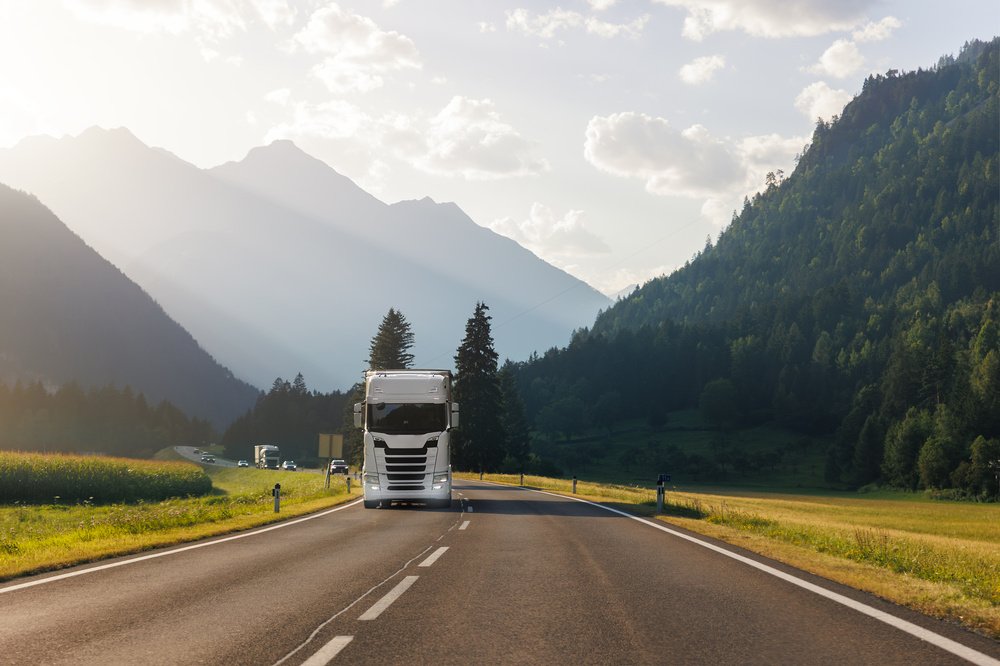
Conclusion
A semi-truck accident can turn your world upside down. Speaking with a truck accident lawyer is critical to securing fair semi-truck accident compensation. Every case is different, so working with legal experts who understand trucking regulations gives you the best shot at a settlement that covers your losses.
And if you’re an independent owner-operator needing financial support after an accident, Mission Financial Services can help you get back on the road. Reach out today for fast, flexible loan options built for trucking businesses.

